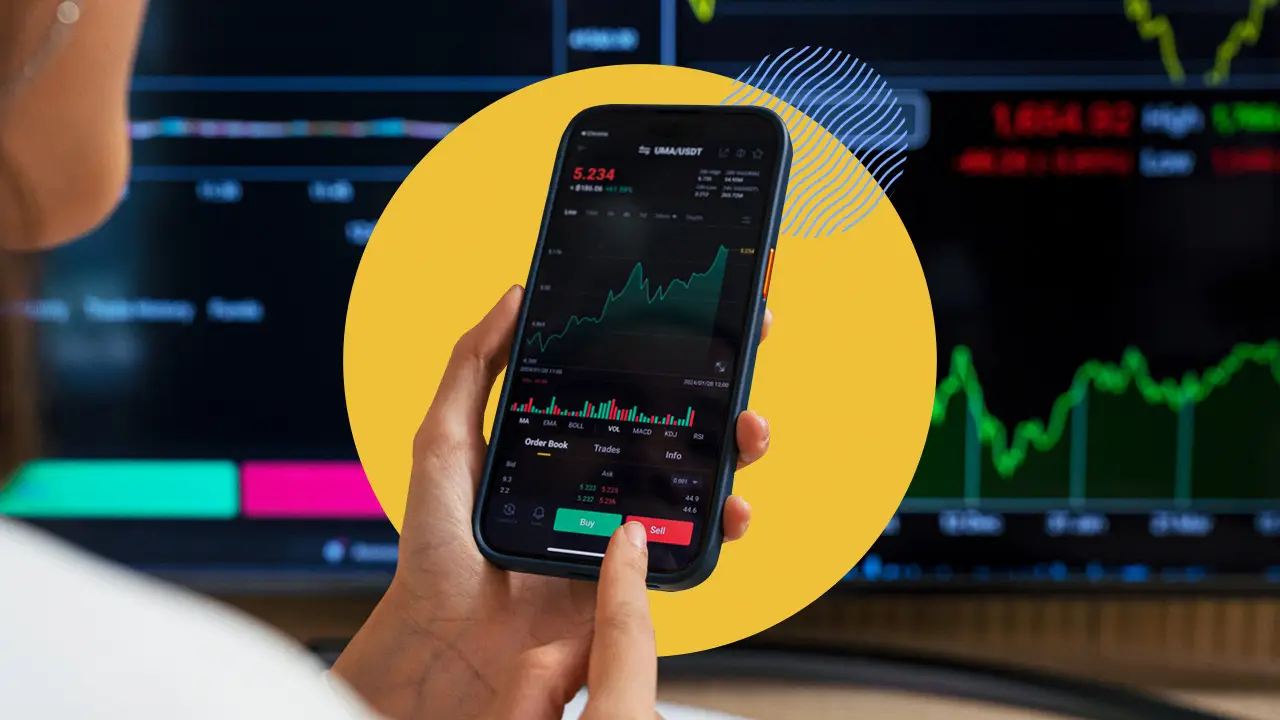Share Trading Vs Stock Market Trading – Which is Better for You?
The stock market aids in the purchase and sale of stock from publicly traded companies as well as the hosting of IPO toPresent ownership to the general public.
Although traders and investors both stand to benefit from fluctuating prices, each approach carries its own set of advantages and disadvantages. Which of these approaches is right for you?
Investing vs. Trading
The stock market refers to a venue in which shares of companies are bought and sold by investors and their brokers. Investors who are opportunistic typically purchase and sell stock for short and rapid profit, whereas the practice of investing is geared to rate of return.
Long-term, investing is the way to go, as long you can adhere to the process and stick in your regular savings. You can’t just ‘dumpster’ money every month or so, like some claim to do.
Good trading is exceedingly difficult and most academic papers show that, at least on a risk-adjusted return basis, most people cannot beat the market over time. The professional trader is the only person with superior information to most of the world, better knowledge and superior beat the market over time.By contrast, investing provides good long-run returns with low risk but requires a long time horizon and the ability to switch off from the daily news.
Time & Effort
The stock market is the exchange with all the traders and investors that buy and sell the shares. Since this process is the backbone of the modern economies of the world, it helps people to know about companies and buy shares of it. Moreover, through this process, people are able to communicate with each other, and it has already set some rules, regulation and laws to stop the fraud in this market.
Buying shares involves waiting, researching and time. The fundamental assumptions people make include an analysis of company revenue and profit growth, industry or sector performance, as well as geopolitical events. Some investors use technical analysis, which involves looking at charts (representing price, volume or other data) or other technical data aimed at forecasting price movement in future markets.
On the other hand, trading is all about the short term. Traders are often in and out of stock within days, using financial instruments such as leveraged derivative products to speculate on share prices without holding the underlying asset – often going long (bets on a rising share price) and short (bets on a falling share price, which happens when shares are sold without being owned, or ‘borrowed’).
Risk & Loss
Sometimes, investing in the stock market involves taking a risk by placing a bet on share prices. Share values fluctuate all the time, drastically, and the stock market as a whole shifts direction with some regularity.
Their investments also last for the long haul, which helps smooth some risks. However, there are also many instances where life screens occur, making staying invested more difficult.
Smart traders will create and abide by the rules of a trading plan that improve decision efficiency and limit losses on any given day – for example, by trading a maximum of one per cent of their capital, or setting a stop loss order, so that their (and therefore also their losses) can’t get any worse.
Taxes
The stock market – also known as equity market or share market – is an international entity where traders buy and sell shares in companies for the current market price or a previously agreed price; whether it’s in the form of publicly listed stocks or privately held shares sold through equity crowdfunding platforms.
Owning stocks confers benefits for investors: dividends and capital appreciation. Dividends are cash payments, paid periodically (usually annually) on a per-share basis; they reflect company fundamentals because they are discretionary. Capital appreciation is the difference between the purchase price of a stock and its ultimate sale price, and tends to grow as more people bet on its further rise, for example in an escalating bubble when demand increases faster than supply.
The tax rates payable by investors vary, depending on the length of time the security is held: If you want to keep your tax bill down, keep track of your cost basis, and speak with a financial adviser about strategies such as tax-loss harvesting.





